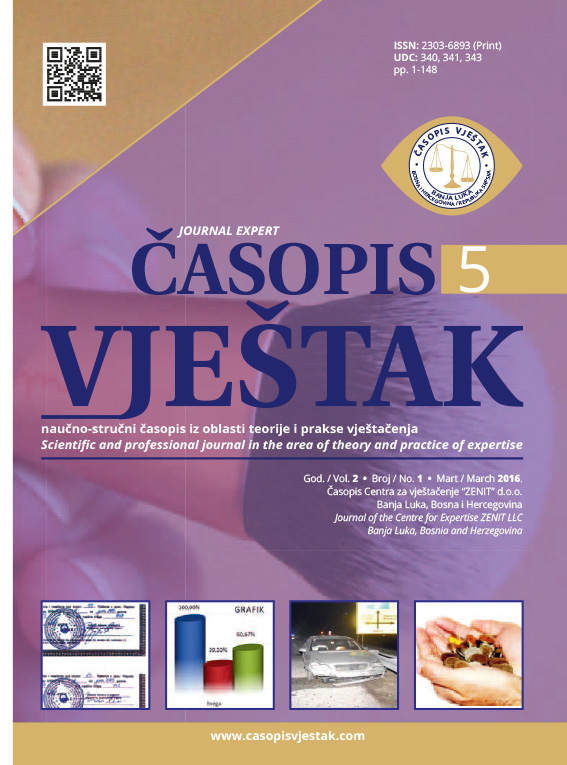The Issue of Originality in the Context of Copyright Protection of Computer Programs
Abstract
Computer programs are protected as written works of authorship if they represent intellectual creation of their author. The concept of originality is usually associated with the author’s skills (knowledge) and work (effort) invested in the creation of works. Copyright protects against unauthorized copying or unauthorized source code modification, however, copyright does not protect against competition that independently and autonomously (without access to the source code of competition) develop similar computer program. Proving substantial similarity between the two computer programs is crucial in the case of expert evaluations of copyright infringement. By conducting filtration test elements of work that may represent a key expression of authorship can be found and should be used to compare two computer programs.
